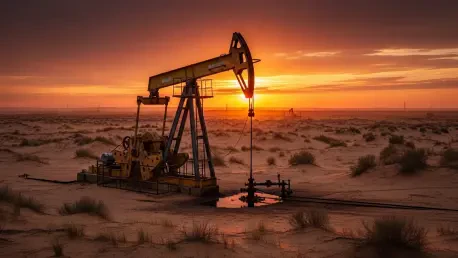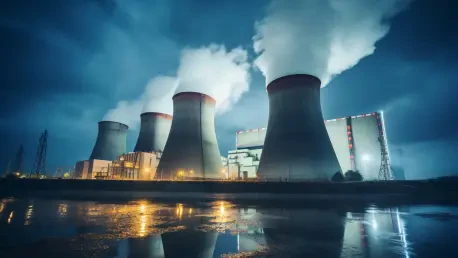
In the vast expanse of the Gulf waters, where oil wealth flows as freely as the tides, a shadow economy thrives on the illicit trade of subsidized fuel, costing nations millions in lost revenue each year. Iraqi authorities have recently ramped up efforts to curb this pervasive issue, spotlighting

In a region where energy resources are both a lifeline and a challenge, the prospect of a groundbreaking collaboration between Peru and Ecuador has sparked significant interest among industry observers, as it could reshape regional energy dynamics. The state-owned oil companies, Petroperu of Peru

Setting the Stage: Wyoming’s Economic Crossroads in 2025 Imagine a state where the rugged landscapes are as tied to its identity as the revenue streams that have fueled its economy for decades, and now Wyoming, long a powerhouse in America’s coal production, faces a stark financial challenge with

In a world heavily reliant on energy, crude oil remains the lifeblood of global economies, fueling industries, transportation, and daily life, yet its price volatility continues to create uncertainty for markets worldwide with recent fluctuations driven by geopolitical tensions like the

Setting the Stage for a Nuclear Resurgence Imagine a world where clean, reliable energy powers the insatiable demands of data centers and artificial intelligence without adding to the carbon footprint, a vision now becoming reality in Michigan. The U.S. government has injected significant financial

I'm thrilled to sit down with Christopher Hailstone, a leading expert in energy management and renewable energy strategies. With his deep knowledge of electricity delivery and grid reliability, Christopher offers unparalleled insights into the complex challenges facing global energy markets. Today,